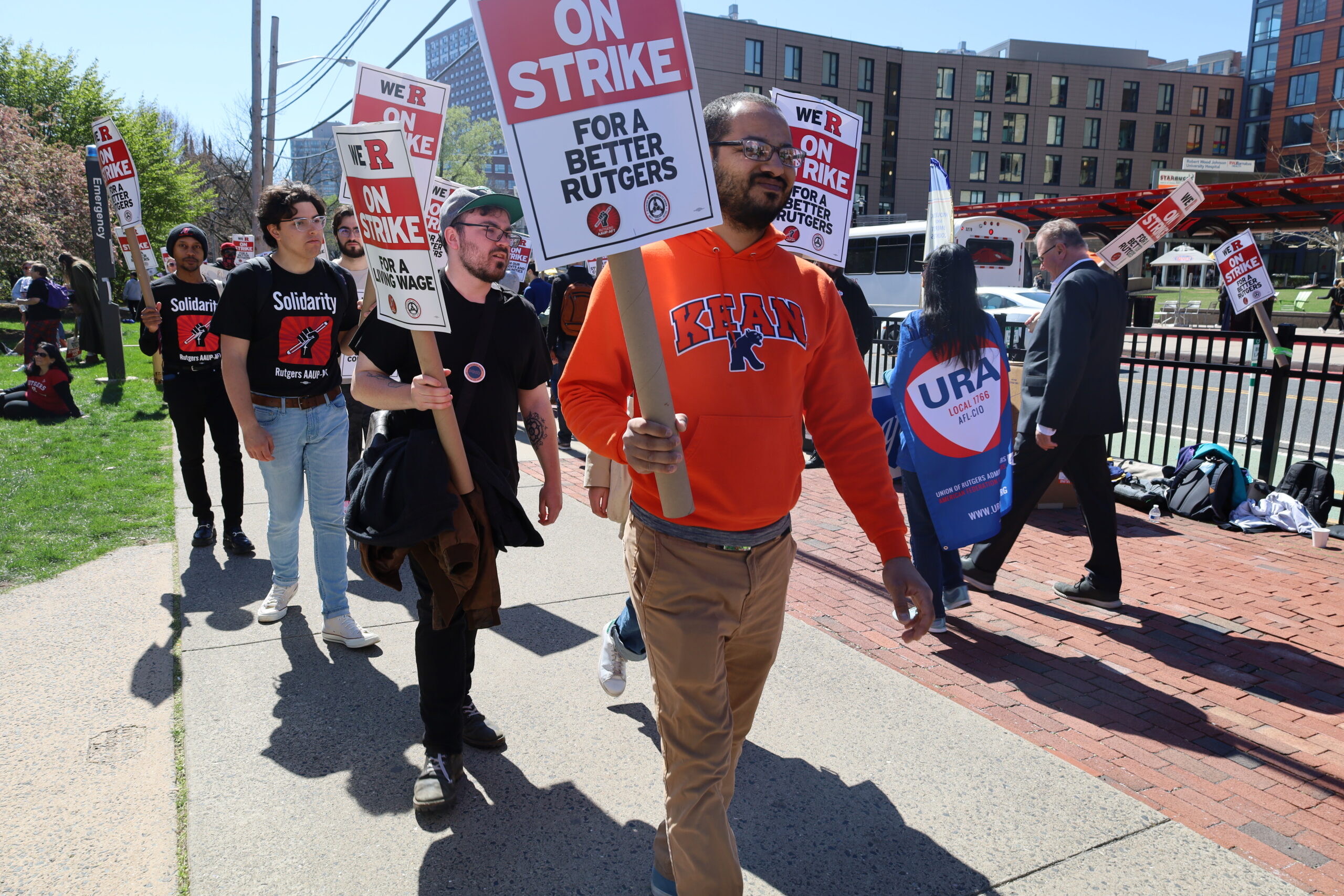Faculty members at California State University (CSU), the largest public university system in the United States, initiated a historic weeklong strike with more than 30,000 workers participating. The strike involves professors, librarians, plumbers, electricians, and other staff members advocating for higher pay and improved working conditions. This marks the first time a faculty work stoppage has occurred systemwide across CSU’s 23 campuses.
The strike follows the breakdown of contract negotiations two weeks prior, where CSU officials unilaterally offered a 5% pay raise effective January 31, falling significantly short of the 12% increase sought by the California Faculty Association (CFA), the union representing approximately 29,000 workers. Faculty members argue that the offered increase is inadequate given the high cost of living in California, making it challenging for many to meet rising expenses.
Chris Cox, the CFA Vice President of Racial & Social Justice, North, emphasized the need for improved working conditions for faculty and enhanced learning conditions for students. The strike’s impact is significant as the new semester begins, potentially leading to class cancellations unless faculty members individually choose to cross picket lines.
The CFA’s demands extend beyond salary increases, encompassing issues such as more manageable workloads, increased parental leave, gender-inclusive facilities, and additional counselors for students. Despite previous actions, including one-day walkouts on four campuses in December, the union asserts that its proposals have been largely ignored by university management.
Mildred Garcia, the Cal State chancellor, expressed the university’s attempt to avoid a strike but cited the union’s salary demands as financially unviable. The CFA argues that CSU has ample funds in reserve accounts, and it could afford the proposed salary increases by utilizing operating cash surpluses and emergency reserves.
Leora Freedman, CSU’s Vice Chancellor for Human Resources, clarified that reserve funds are intended for economic uncertainty or emergencies like wildfires or earthquakes, making them unsuitable for wage hikes. The university claims to have made several offers, including a recent 15% increase spread over three years, but the faculty union has not deviated from its 12% demand for a one-year increase.
The strike reflects broader issues in the U.S. labor movement, following significant strikes in various sectors in recent years, including healthcare, entertainment, and automotive industries. The CSU faculty strike comes after a notable strike by teaching assistants and graduate student workers in the University of California System in 2022.
